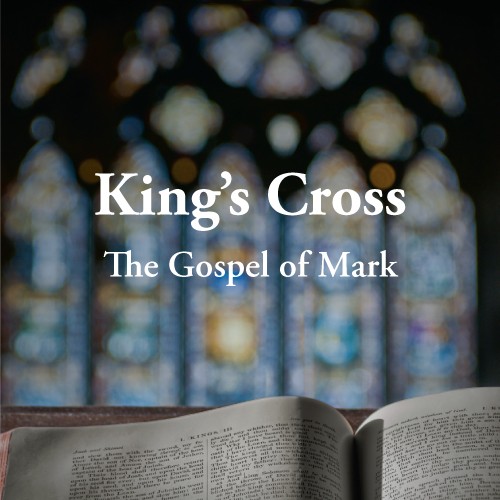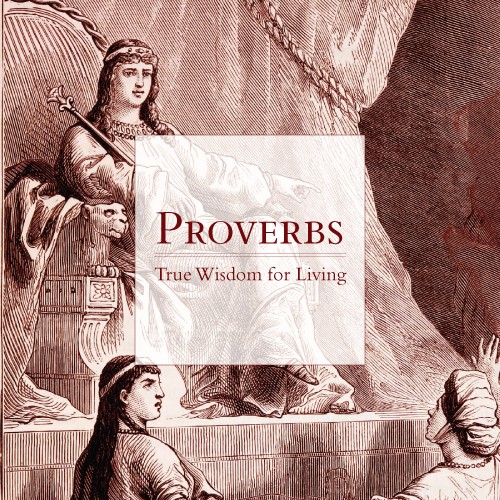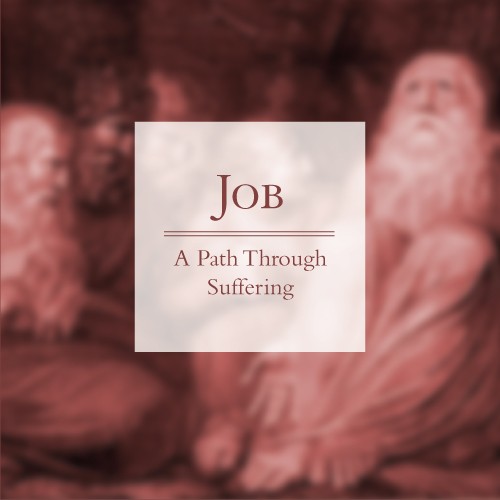
Sermon
The Heart of Jesus
Tim Keller | February 11, 2007
Overview
If you read the rest of the life of Jesus, he’s totally unflappable, but in the garden of Gethsemane, as he faces his imminent death, it says he’s astonished and overcome with horror. The fact that Jesus struggles with his death is not only unique in ancient history, it’s actually almost unique in church history itself.
This passage in Mark 14 helps us 1) see that it all really happened, 2) understand we have a culture, 3) come to grips with the wrath of God, 4) discover a way to deal with trouble and suffering, and 5) get the power to use that method.



